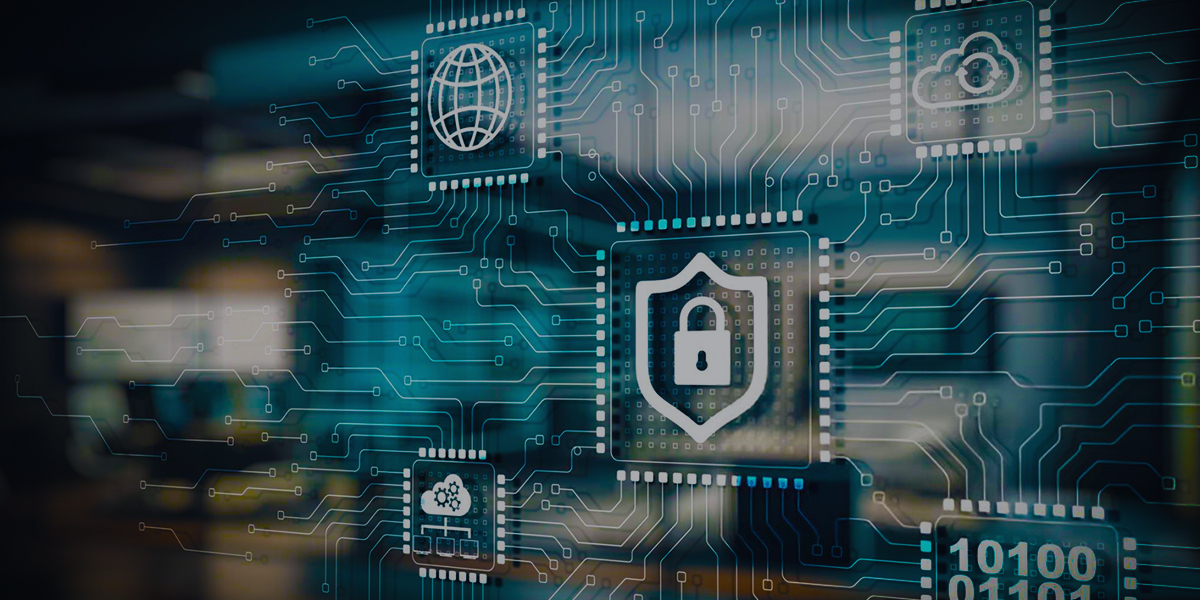Month: April 2025

Demystifying SEBI’s Cybersecurity and Cyber Resilience Framework (CSCRF) for Regulated Entities
In an era when digital threats are growing in frequency and sophistication, cybersecurity is no longer a luxury—it’s a necessity. The stakes are even higher for India’s financial sector, where data sensitivity and transaction volumes are exceptionally high.
The Securities and Exchange Board of India (SEBI) rolled out the Cybersecurity and Cyber Resilience Framework (CSCRF) on August 20th, 2024, to strengthen the financial ecosystem’s cyber defense posture. This landmark framework sets a new standard for protecting the operations and data of all SEBI-regulated entities, regardless of size, including MIIs, brokers, mutual funds, AIFs, KRAs, and other market participants.
Here’s an overview of the fundamental elements that drive SEBI’s robust cybersecurity strategy:
- Risk-Based Categorization: Compliance requirements are scaled according to an entity’s size, risk profile, and systemic importance.
- Strong Governance Requirements: Entities must establish a Cybersecurity Steering Committee and appoint a Chief Information Security Officer (CISO) to drive strategy and compliance.
- Security Operations Center (SOC) Mandates: Entities must establish & operate their SOCs or use SEBI’s shared Market SOCs for continuous threat monitoring and incident response.
- Cybersecurity Audits & Reporting: Regular audits, incident reporting, and periodic compliance submissions to SEBI are mandatory.
- Technical Safeguards: Implementing vulnerability assessments, penetration testing, patch management, and business continuity plans is essential.
- Third-Party Risk Management: Due diligence and continuous oversight of outsourced vendors and partners handling critical data or infrastructure.
- Cyber Awareness & Training: Entities must run structured awareness and training programs to educate staff, management, and external partners.
The primary compliance deadline under SEBI’s Cybersecurity and Cyber Resilience Framework (CSCRF) is June 30, 2025, with earlier deadlines applicable to critical entities such as Market Infrastructure Institutions (MIIs) and KYC Registration Agencies (KRAs) due to their systemic importance.
For a deeper look at the framework’s technical and procedural details, Download SEBI CSCRF Circular – August 20, 2024.
Navigating the complexities of the CSCRF requires more than a basic understanding of regulations—it demands strategic execution, advanced technical expertise, and a proactive security approach. This can pose a significant challenge for many SEBI-regulated entities, particularly those without dedicated cybersecurity teams. That’s where partnering with a seasoned cybersecurity firm becomes critical.
At CyberVigilens, we blend regulatory expertise with a proactive, hands-on approach to help organizations achieve compliance and enhance cybersecurity resilience. Here’s how we strengthen your cybersecurity posture:
- Managed SOC Services
- Vulnerability Assessments & Penetration Testing
- Incident Response Planning & Simulation
- Cybersecurity Audits & Compliance Readiness Reviews
- Vendor Risk Management Programs
- Cybersecurity Awareness Training
Stay compliant. Stay secure. Contact CyberVigilens now!!!